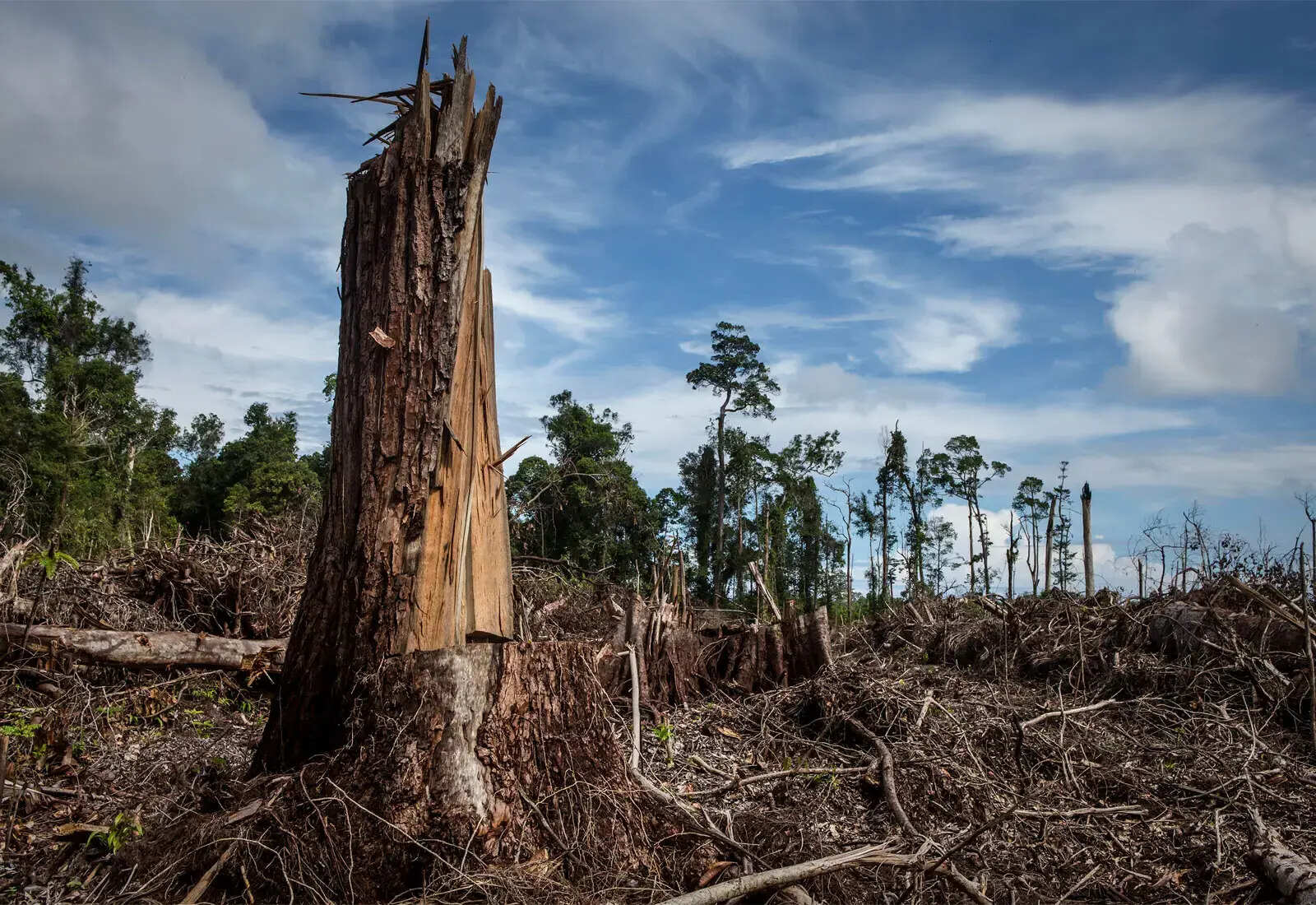
Climate change is a hot topic, but what exactly does it mean? Climate change refers to significant changes in global temperatures and weather patterns over time. While climate change has occurred naturally in the past, recent trends are largely driven by human activities. Burning fossil fuels, deforestation, and industrial processes release large amounts of greenhouse gases into the atmosphere, trapping heat and causing the planet to warm. This warming leads to melting ice caps, rising sea levels, and more extreme weather events. Understanding climate change is crucial because it affects ecosystems, economies, and communities worldwide. Let's dive into 22 facts that will help you grasp the magnitude and impact of climate change.
What is Climate Change?
Climate change refers to significant changes in global temperatures and weather patterns over time. While climate change is a natural phenomenon, human activities have accelerated the process.
-
Greenhouse Gases: Carbon dioxide, methane, and nitrous oxide are the primary greenhouse gases contributing to climate change. These gases trap heat in the atmosphere, leading to global warming.
-
Industrial Revolution: The Industrial Revolution marked the beginning of a significant increase in greenhouse gas emissions. Factories, cars, and deforestation have all played a role.
Effects on the Environment
Climate change has far-reaching effects on the environment. These changes impact ecosystems, weather patterns, and sea levels.
-
Rising Sea Levels: Melting ice caps and glaciers contribute to rising sea levels. This can lead to coastal flooding and erosion.
-
Extreme Weather: Increased temperatures can lead to more frequent and severe weather events, such as hurricanes, droughts, and heatwaves.
-
Ocean Acidification: Higher levels of carbon dioxide are absorbed by oceans, making them more acidic. This affects marine life, particularly coral reefs.
Impact on Wildlife
Animals and plants are also affected by climate change. Changes in temperature and weather patterns can disrupt habitats and food sources.
-
Species Migration: Many species are moving to cooler areas to escape rising temperatures. This can lead to overcrowding and competition for resources.
-
Extinction Risks: Some species may not be able to adapt quickly enough to changing conditions, putting them at risk of extinction.
-
Coral Bleaching: Warmer ocean temperatures cause coral reefs to expel the algae living in their tissues, leading to coral bleaching and death.
Human Health and Climate Change
Climate change doesn't just affect the environment; it also has serious implications for human health.
-
Heat-Related Illnesses: Higher temperatures can lead to heatstroke and dehydration, particularly in vulnerable populations like the elderly and children.
-
Vector-Borne Diseases: Warmer climates can expand the range of disease-carrying insects like mosquitoes, increasing the spread of diseases such as malaria and dengue fever.
-
Air Quality: Increased temperatures can worsen air pollution, leading to respiratory problems and other health issues.
Economic Impacts
The economic consequences of climate change are significant. From agriculture to infrastructure, many sectors are affected.
-
Agricultural Yields: Changes in temperature and precipitation patterns can reduce crop yields, leading to food shortages and higher prices.
-
Infrastructure Damage: Extreme weather events can damage infrastructure, leading to costly repairs and economic losses.
-
Insurance Costs: Increased frequency of natural disasters can lead to higher insurance premiums and greater financial strain on individuals and businesses.
Mitigation and Adaptation
Efforts to combat climate change focus on mitigation and adaptation. Mitigation involves reducing greenhouse gas emissions, while adaptation involves adjusting to the changes that are already happening.
-
Renewable Energy: Solar, wind, and hydroelectric power are renewable energy sources that produce little to no greenhouse gases.
-
Energy Efficiency: Improving energy efficiency in homes, buildings, and transportation can reduce greenhouse gas emissions.
-
Reforestation: Planting trees can absorb carbon dioxide from the atmosphere, helping to mitigate climate change.
International Agreements
Global cooperation is essential to address climate change. Several international agreements aim to reduce greenhouse gas emissions and limit global warming.
-
Paris Agreement: The Paris Agreement, adopted in 2015, aims to limit global warming to well below 2 degrees Celsius above pre-industrial levels.
-
Kyoto Protocol: The Kyoto Protocol, adopted in 1997, set binding emission reduction targets for developed countries.
-
COP Conferences: The Conference of the Parties (COP) meetings bring together countries to discuss and negotiate climate action.
Individual Actions
Individuals can also play a role in combating climate change. Small changes in daily habits can add up to significant reductions in greenhouse gas emissions.
-
Reduce, Reuse, Recycle: Reducing waste, reusing items, and recycling materials can help lower greenhouse gas emissions.
-
Sustainable Transportation: Using public transportation, biking, or walking instead of driving can reduce carbon footprints.
The Bigger Picture
Climate change isn't just a buzzword. It's a pressing issue affecting every corner of our planet. From rising sea levels to more frequent natural disasters, the evidence is all around us. Understanding these 22 facts about climate change helps us grasp the urgency of the situation.
We can all play a part in mitigating its effects. Simple actions like reducing waste, conserving energy, and supporting sustainable practices make a difference. Governments and corporations also need to step up, implementing policies that prioritize the environment.
By staying informed and proactive, we contribute to a healthier planet. Remember, every small effort counts. Let's work together to ensure a sustainable future for generations to come. Climate change is real, and it's happening now. The time to act is today.
Was this page helpful?
Our commitment to delivering trustworthy and engaging content is at the heart of what we do. Each fact on our site is contributed by real users like you, bringing a wealth of diverse insights and information. To ensure the highest standards of accuracy and reliability, our dedicated editors meticulously review each submission. This process guarantees that the facts we share are not only fascinating but also credible. Trust in our commitment to quality and authenticity as you explore and learn with us.


